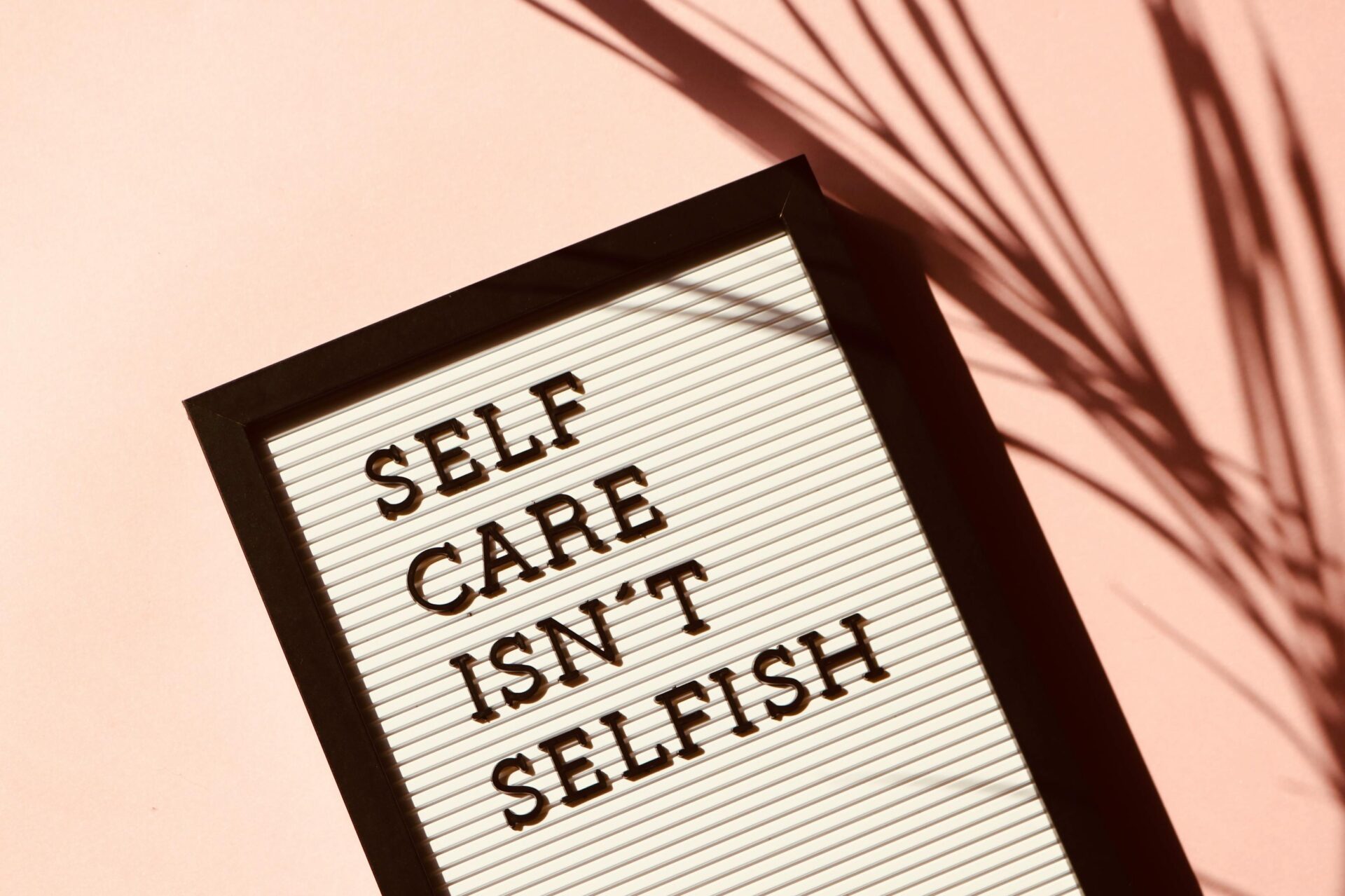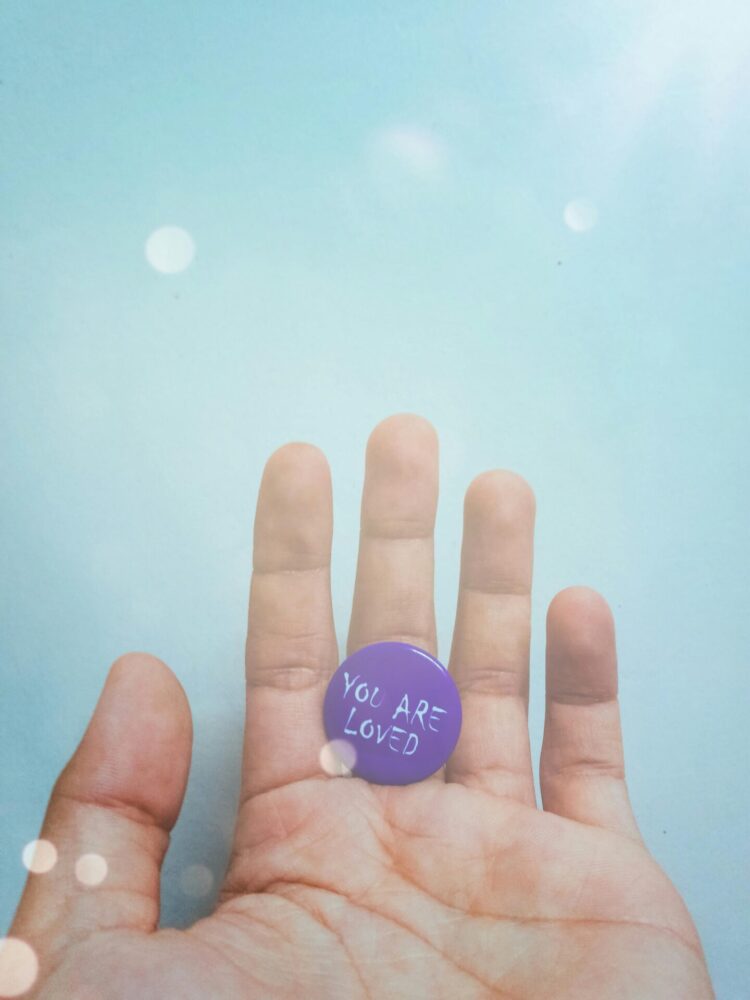

Self-care may seem like nothing more than the latest buzzword or passing trend, but in reality, it is a commitment to ourselves—a promise to factor ourselves into the equation of our lives. When we optimize self-care, we feel better, look better, and have more energy. And quality self-care is linked to improved mental health, with benefits like enhanced self-esteem and self-worth, increased optimism, a positive outlook on life, and lower levels of anxiety and depression.
We’re all we have, and we owe it to ourselves to take care of our physical and mental health. While we don’t set out to do ourselves harm, self-care often ends up last on the list of priorities in our busy lives.
The road to self-sacrifice is paved with good intentions. We sacrifice ourselves to meet deadlines, help others, and show others we love and care for them by going above and beyond to help them. We over-extend, over-promise, and exhaust ourselves so often and so much that we don’t even realize how tired and stressed we are.
When we’re tired, angry, and dissatisfied with ourselves. we reach for a quick fix to feel better. We over-indulge in habits and behaviors that offer temporary relief or distraction, but do not make things better. When the day is done, we’re often too tired to sleep… and we wake up the next day and do it all over again. The solution: bringing in quality self-care that sustains us and ensures that we factor ourselves into the equation of our lives.
Self-care and energy
Self-care revolved around caring for—and maximizing—our four sources of energy: the food we eat, our sleep, our breath (our physical activity levels), and our state of mind. Many experts frame tending to these four aspects of life as the four pillars of quality self-care. Integrating quality self-care into our lives is a powerful way to reconnect and reinvigorate ourselves, mind, body, and soul.
Unlike a shiny new vehicle, we don’t come with an owner’s manual. But if we did, we’d all have the basic knowledge to fuel ourselves with fresh, high-quality, nutrition-rich foods. We would know to keep problematic behaviors and habits in check. We would know how to talk to ourselves with kindness and compassion and challenge our negative beliefs and self-defeating thoughts. We would take the time to move our bodies daily, to breathe deep, nourishing breaths. We would know how to prepare for and prioritize quality sleep. And we would understand the importance of pursuing interests and connections that bring us joy and a sense of connection to ourselves on a daily basis.


The absence of self-care
For people suffering from mental health issues like depression, every day is a challenge. I used to run groups for people suffering from depression. In our sessions, I would take everyone through an exercise of listing things that they enjoyed, things of interest and value to them, and things that made them smile. After everyone had completed their list, I would ask them to take a few minutes to reflect on how many of those activities they had engaged in over the previous week, and share their thoughts. Each week, almost everyone reported that they had not done any of the enjoyable activities on their list.
Connecting to ourselves
This group exercise illustrates a valuable lesson in resilience. Resilience isn’t something we do or don’t have. It is something we build and reinforce every day. Through having compassion for ourselves and purposely engaging in things that make us feel good when we have low self-esteem or are struggling, we connect to our power, our ability to lift and support ourselves through whatever comes our way. Self-care involves valuing ourselves enough to make our health, well-being, and happiness a priority. It means having compassion for ourselves by acknowledging when we are struggling, over-extending ourselves, or feeling unwell.
5 steps for enhancing self-care
We need to understand that we can step back, press pause, and direct our energy on taking care of ourselves. We need to realize that we can choose to live our lives in a way that supports and optimizes both our physical and mental health, fitness, and well-being!
- Make quality a priority in your life. Quality food, rest, and time to connect with friends, family, and ourselves feeds, repairs, and restores the body, mind, and spirit.
- Pay attention to your thoughts. Challenge negative self-talk, fears, and feelings of inadequacy.
- Be as nice to yourself as you are to others. We’re often our harshest critics and most relentless worst enemies.
- Start saying no to requests to help others when you are running on empty or don’t have the time to take care of your own need.
- Stay connected to yourself. Engage in an activity or experience that brings you joy, no matter how briefly. Sit in the sunshine. Listen to a favorite song. Meet a friend. Walk in nature. Simply do something that brings joy and love and keeps you connected to yourself.

References
Sills, D. (2023, February 22). The Connection Between Self-Care and Mental Health. Retrieved from https://www.psychologytoday.com/ca/blog/a-deeper-wellness/202302/understanding-the-mental-health-and-self-care-connection


